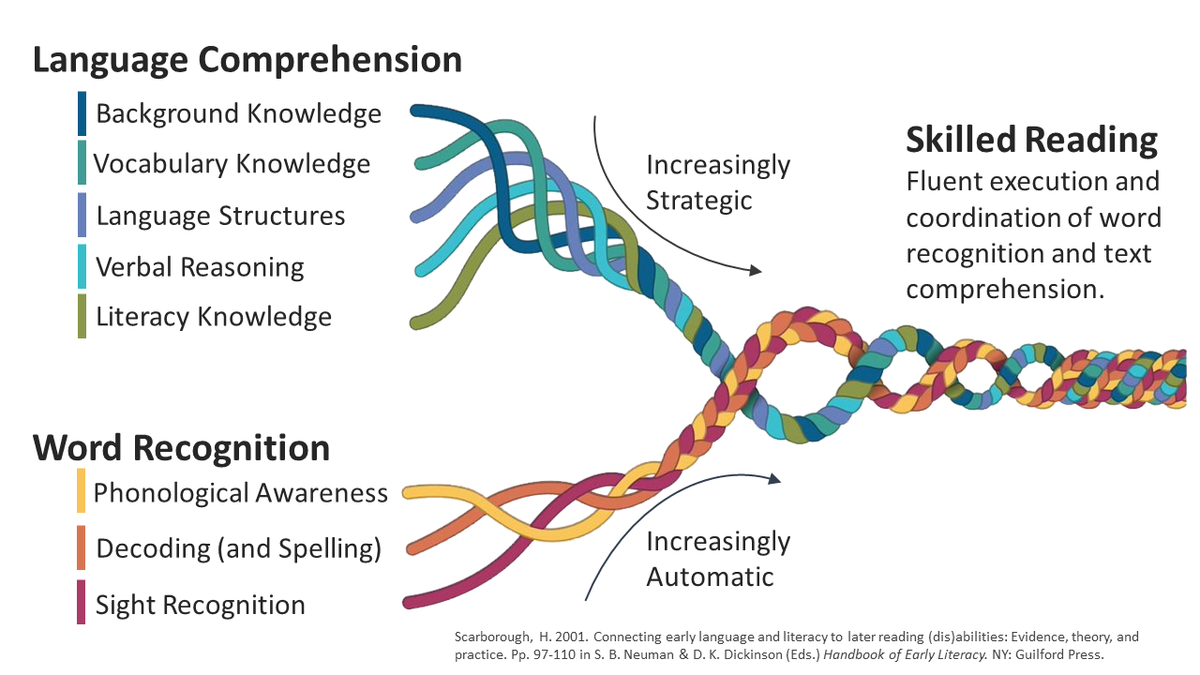Head of Junior Years
Mrs Maria Denholm

Head of Junior Years
Mrs Maria Denholm
What is the most important thing? I guess it depends on who you are talking to and what you are talking about.
As an educator, when I saw an article entitled “Want to raise smart, kind kids? Science says do this every day”, I was very interested and in my mind was thinking about what it would say. I was not surprised when the author said that reading to your child for 10 – 15 minutes a day was a “key stone habit” for raising smart, kind and healthy kids – and it’s absolutely free!
The article went on to explain what happens when this reading takes place with links to the supporting research. You can read the article here, but below are the important parts:
This is what happens when you read aloud to your child every day:
As an educator, I totally agree with what the author has written and have seen the effect of the power of reading to children on their learning. It will certainly help children as they learn to read but learning to read is a skill which needs to be taught rather than caught. It is not something which happens naturally, like walking or talking.
The Simple View of Reading explains that learning to read requires two key elements – correctly identifying words (decoding) and understanding their meaning (comprehension). Both of these need to happen at the same time for ‘reading’ to be occurring. Children will see and hear great models of this as they are read to, but the teaching and learning in a classroom includes a lot more.
Reading research shows that there are five essential skills for reading. These five components need to be explicitly taught in addition to providing a strong foundation in oral language.
1. Phonemic Awareness: The ability to identify and manipulate the distinct individual sounds in spoken words.
2. Phonics: The ability to decode words using knowledge of letter-sound relationships.
3. Fluency: Reading with speed and accuracy. ‘Oral reading fluency’ refers to reading text passages aloud.
4. Vocabulary: Knowing the meaning of a wide variety of words and the structure of written language.
5. Comprehension: Understanding the meaning and intent of the text.
Scarborough’s Reading Rope is a great visual which describes how this all comes together:


As you can see, becoming a skilled reader is a complex and involved process. Our teachers are experts at bringing all these parts together in the classroom. Each time parents read to their children (no matter what their age) and assist them in their personal reading practice, they help to consolidate these skills and strengthen the neurons required to build reading brains. The wonderful bonus is that developing a love of reading as a child, is a gift which keeps on giving through to adulthood in so many ways. I’d say that’s definitely an important thing!